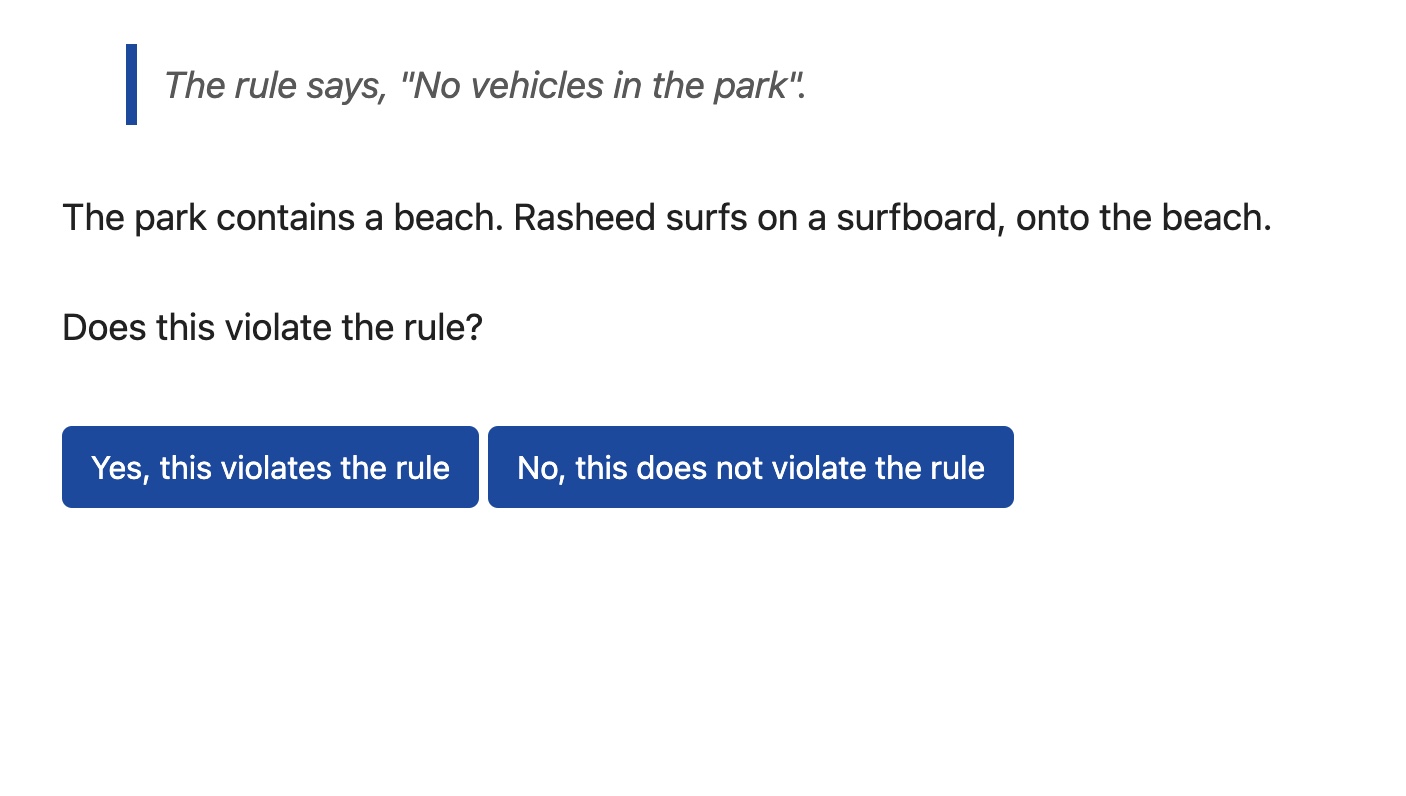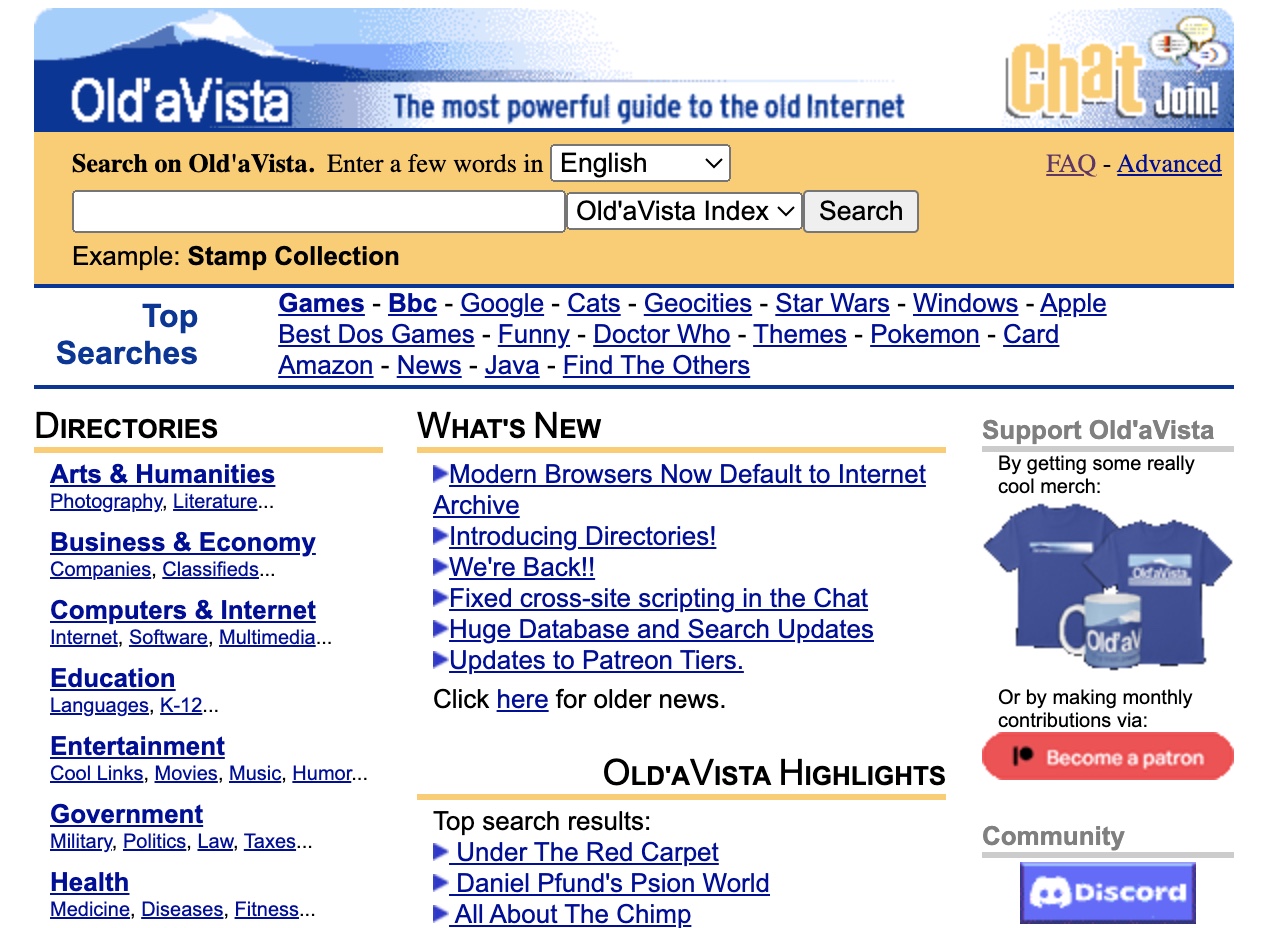Die unverwechselbaren Klänge verschiedener Modems wurden in dieser neuen Audiokompilation gesammelt, die den Hörer durch die Entwicklung der Modemtechnologie führt. Von langsamen 300-bps-Verbindungen bis hin zu den einst beeindruckenden 56K-Modems fängt diese Sammlung sieben gängige Verbindungsgeschwindigkeiten ein, die das frühe Interneterlebnis prägten. Pure Nostalgie.
The sound of dial-up at some of the most common speeds, including 300, 1200, 2400, 9600, 14,400, 33,600, and 56K. As noted in the video, the sound of a V.34 connection at either 28,800 and 33,600 will be the same, and both were common around the same time, so I’ve only included the 33,600 connection.
Note that this isn’t intended to be an exhaustive list of all speeds, but a sample of the most common ones. There are many other speeds and protocols, including but not limited to 75, 110, 4800, 28,800, etc. Also note that this video includes a V.90 56K negotiation, which is the one that people are most likely to find familiar. With that said, if it doesn’t sound quite right, remember that V.90 deprecated the X2 and Flex 56K standards, which sound quite different.
(Direktlink, via BoingBoing)





